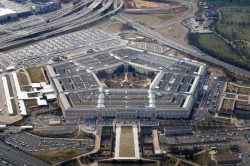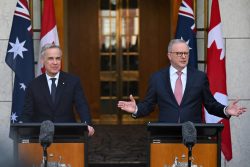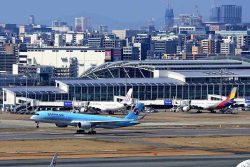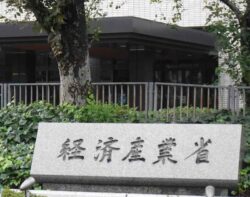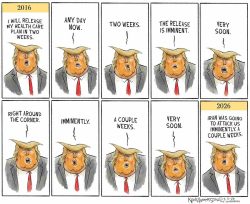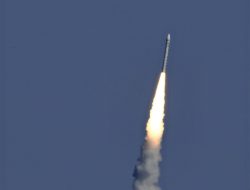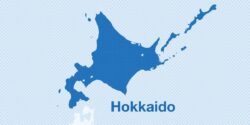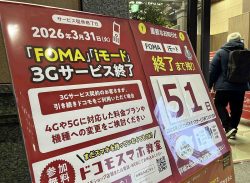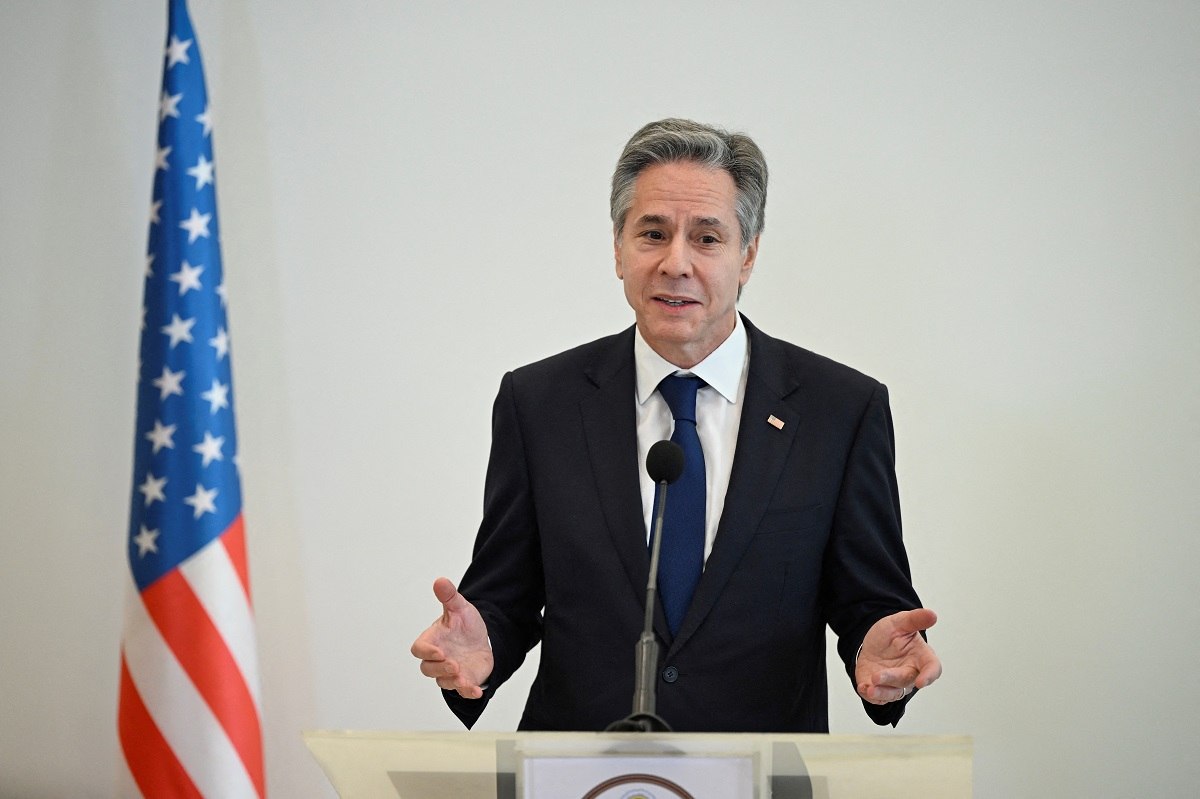
U.S. Secretary of State Antony Blinken delivers remarks following his meeting with President of Ivory Coast Alassane Ouattara (unseen) at the Residence of President, Ivory Coast on January 23, 2024.
15:08 JST, February 6, 2024
WASHINGTON (Reuters) – The United States on Monday announced a new visa restriction policy for those it said were misusing commercial spyware.
The policy announced by Secretary of State Antony Blinken will allow the State Department to impose visa restrictions for individuals believed to have been involved in the abuse of commercial spyware, as well as for those who facilitate such actions and benefit from it.
U.S. officials say the new policy is part of a wider effort to shape the behavior of foreign governments and individual companies that are involved in malicious digital espionage activities. Historically, these companies have been accused of developing platforms that facilitated hacks against human rights activists, journalists and opposition politicians in the developing world.
The new policy will also apply to investors and operators of the commercial spyware believed to be misused, a senior Biden administration official said. At least 50 U.S. officials have been targeted by private hacking tools in recent years, they added.
President Joseph Biden signed an executive order last year to curb the malicious use of digital spy tools around the globe that target U.S. personnel and civil society. The order barred U.S. agencies from doing business with such companies, limiting their business potential.
The Commerce Department also added several surveillance firms to its economic trade blacklist in 2021 and 2023, including Hungary-based Cytrox, Greek firm Intellexa and Israeli outfits NSO Group and Candiru.
The new policy, which is organized under the existing Immigration and National Act, applies to a broad group of individuals involved in hacking operations that in some form “surveil, harass, suppress, or intimidate individuals including journalists, activists, other persons perceived to be dissidents for their work, members of marginalized communities or vulnerable populations, or the family members of these targeted individuals.”
In March last year, the United States and some of its partner countries called for strict domestic and international controls to counter the proliferation and misuse of commercial spyware.
Top Articles in News Services
-

Survey Shows False Election Info Perceived as True
-

Hong Kong Ex-Publisher Jimmy Lai’s Sentence Raises International Outcry as China Defends It
-

Japan’s Nikkei Stock Average Falls as US-Iran Tensions Unsettle Investors (UPDATE 1)
-

Japan’s Nikkei Stock Average Touches 58,000 as Yen, Jgbs Rally on Election Fallout (UPDATE 1)
-

Japan’s Nikkei Stock Average Rises on Tech Rally and Takaichi’s Spending Hopes (UPDATE 1)
JN ACCESS RANKING
-

Producer Behind Pop Group XG Arrested for Cocaine Possession
-

Japan PM Takaichi’s Cabinet Resigns en Masse
-

Man Infected with Measles Reportedly Dined at Restaurant in Tokyo Station
-

Israeli Ambassador to Japan Speaks about Japan’s Role in the Reconstruction of Gaza
-

Videos Plagiarized, Reposted with False Subtitles Claiming ‘Ryukyu Belongs to China’; Anti-China False Information Also Posted in Japan


